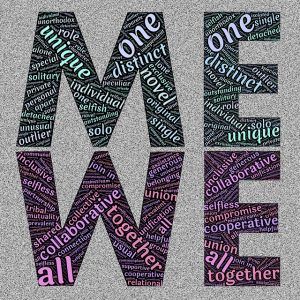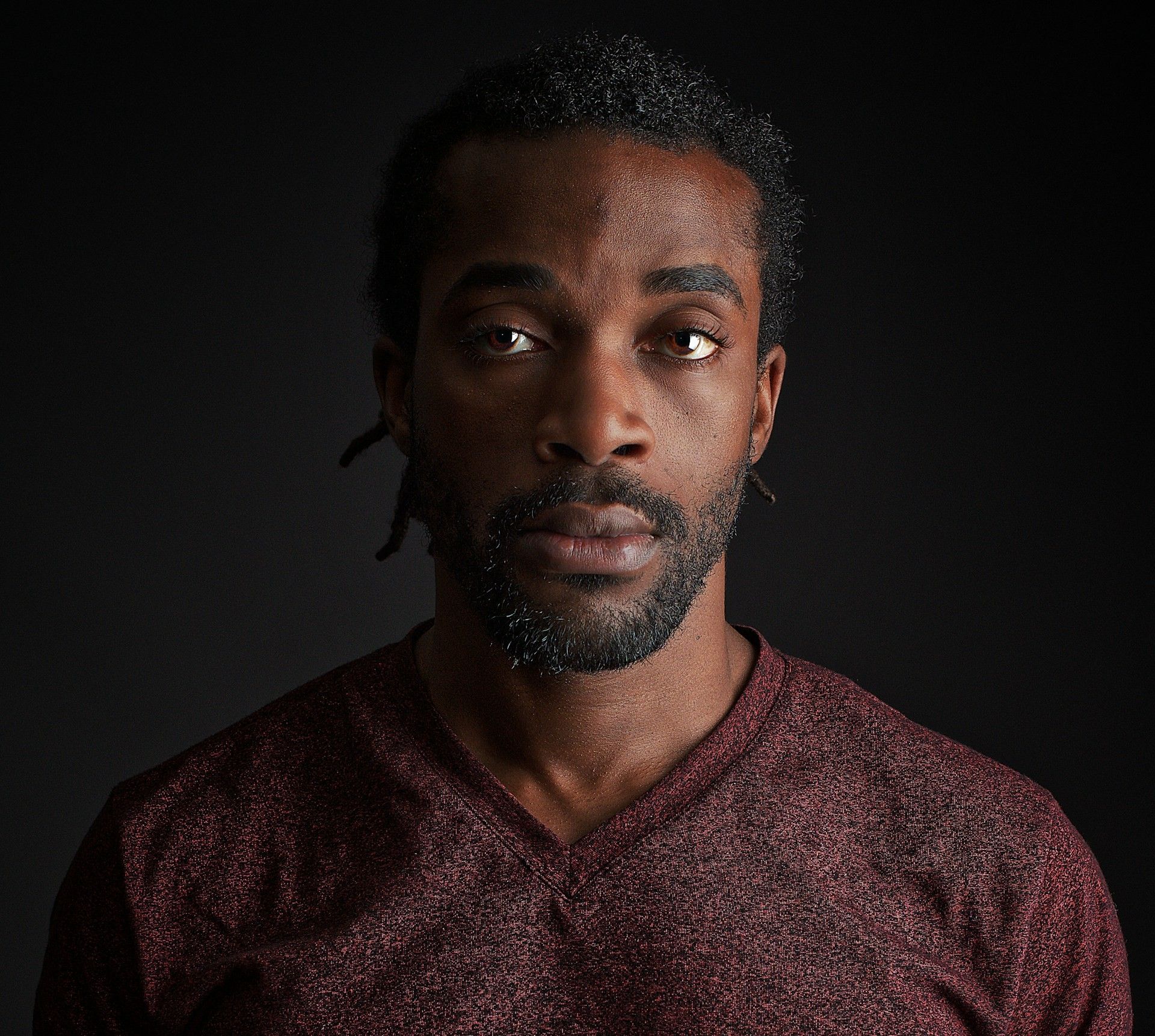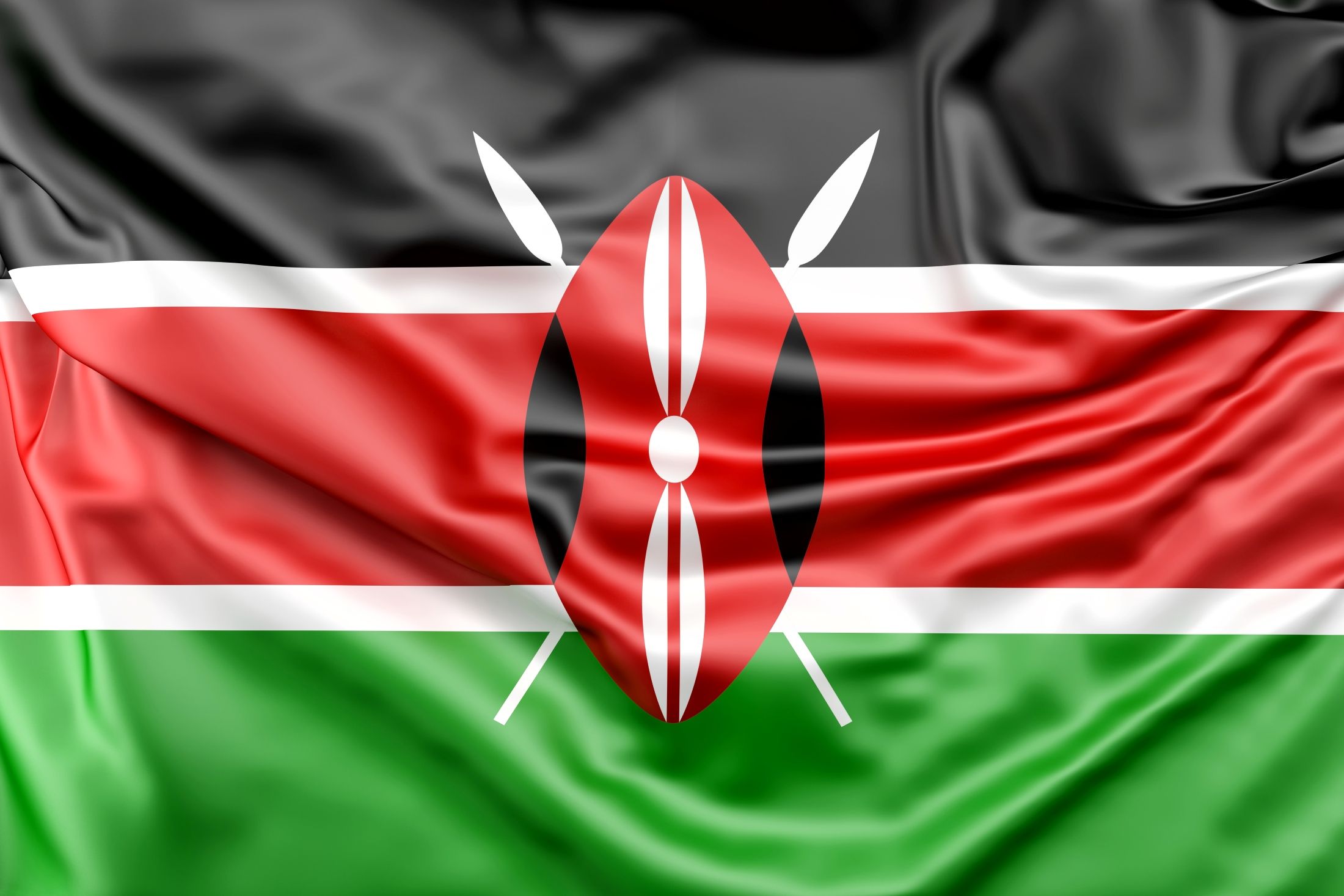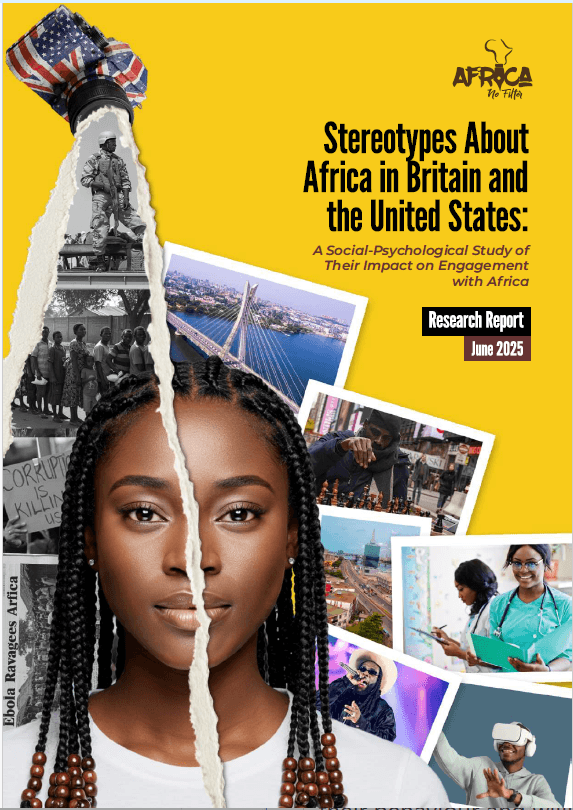When our health workers were agitating for better working conditions in our public hospitals, I didn’t show up. When our teachers were protesting the fact that funds set aside to employ more of them had been diverted to the military and sitting members of parliament, I didn’t show up. When hundreds of Kenyans joined international protests to demand political leaders do more to combat climate change, I didn’t show up. Meanwhile, corruption continues unabated in this country and still, I haven’t shown up.
Why you might ask, have I repeatedly failed to show up? Well, it's for the same reasons that many of you reading this have failed to show up: busyness, selective blindness, cowardice, ignorance... Showing up has not been my immediate concern because I have my own issues to deal with. In any case, who am I to take on Goliath? Are there not other people, equipped with better tools, to slay the giant?
That’s right. We have this unspoken belief that making better societies is the preserve of some experts or the 'paragons of virtue' that live among us. This, coupled with an unhealthy cynicism for people who are passionate about issues as being naïve, is the toxic mixture that inhibits us from making the changes we need in our own lives and the society at large.
And so we leave the change to the so-called ‘change agents’ and hope for the best.
But hoping for the best doesn’t always cut it.
Many of these problems may not pose an immediate threat to a good number of us. And it's true that unless we have skin in the game, it's more likely than not that we will remain disengaged. But its also true that at one point or another, we will get affected.
Imagine if more of us had shown up when our health workers were pushing for reform in our health sector? Could our collective voice have persuaded key decision-makers to allocate more funds to the health docket to fix the system? We'll never know. Because we failed to show up. It was not our immediate concern.
And now, like it or not, it is our concern. Because at this point in our lives, if we are faced with an emergency situation, we only have our existing health systems to turn to. What was at some point ‘our doctors and nurses problem’ has become ours- all of us. It always has been.
Martin Luther King Junior said it best,
“Whatever affects one directly, affects all indirectly. I can never be what I ought to be until you are what you ought to be”.
Most of us are aware of the problems that require our urgent attention both locally and globally; poverty, injustice, the environment, health, education, resource distribution...It’s absurd that we live in a world where 1 in 3 people globally do not have access to safe drinking water, half of the world lacks access to essential health services and more than 820 million people do not have enough to eat. Our society is poorly designed and we are all to blame.
If there is one thing that this global health pandemic has shown is just how connected and depended upon one another we are. In his book Sapiens, Yuval Noah Harari talks about this:
"Homo sapiens is the only species on earth capable of co-operating flexibly in large numbers…if humans had not learned to cooperate flexibly in large numbers, our crafty brains and deft hands would still be splitting flint stones rather than uranium atoms".
Self-isolation might be the obvious solution for our current health crisis but sooner or later we are going to have to fall back on the cooperation that Harari speaks of. Indeed, it’s the only way we will get through this.
Sooner or later, you will interact with your cleaning lady, your security guard, your delivery guy, the cashier at the supermarket…all those people who may not have had the privilege to self-isolate.
“I’d rather die of coronavirus than hunger”, said one guy on twitter. Like many other Kenyans, this guy weighed the situation and decided to take his chances. Stock analyst Aly Satchu Khan explains this, “What we are forgetting is that many Kenyans can barely support themselves beyond a day, they need to go out and work so that they can afford necessities. The truth is, many Kenyans cannot and will not be able to abandon their livelihoods in the name of a lockdown”. According to Satchu Khan, a lockdown without giving a stimulus package is impossible in Kenya.
Which begs the question, where would the money for this stimulus package come from exactly? For years, the very people we have appointed to look after our interests have been lining their pockets with the funds that should have, ideally been, used to help mitigate crises like these. But not to worry. We have been complaining. A lot. We just haven’t shown up. And now see.
“Oh but that’s politics, I don’t want to get involved”, many will argue. I was one of the many. Until Nerima Wako-Ojiwa, a political analyst enlightened me, “If we had more people realizing how politics affects us on a daily, we would be more involved. Because politics look after our interests. And politicians are supposed to represent those interests…if our politicians cared for our interests, we would have much better standards of living”, she told me in this interview.
The problem then is not politics but our politicians.
But I digress.
Nerima has decided to show up- for our interests. As has Dr Willy Mutunga who is showing up for our human rights, Zebib Kavuma who is showing up for women’s rights, Cooper Rust who is showing up for the underprivileged in our society and Salisha Chandra who is showing up for our environment. These are just a few examples of ordinary people I know who are showing up. And there are countless others. Showing up not because they are the special chosen ones but because it’s the only thing to do. Sadly, they remain the exception.
Someone wise once told me this: “If we are waiting for any problem to be solved by the perfect people, then its dead certain that it will not be solved”. She was right. We have progressed as humanity, not because the perfect people solved our problems but because someone somewhere decided to pick a battle and show up for it.
Think of the many things that we take for granted today as basic human rights or entitlements. We are free to express ourselves, make our own choices, and become our own people, not because these things were donated unasked for by some generous, wise benefactor; its because someone showed up and fought for them. Their ideas became so firmly entrenched in our culture and are now socially, legally and culturally deemed as the norm. Today, we take them for granted. We've come a long way.
But there's still work to be done. To reiterate and paraphrase Martin Luther King Junior's point, "none of us will be free until all of us are free".
My fellow human beings, we still need to show up.
Showing up does not necessarily mean going on a protest or running for an elective post. No one is saying that it is your responsibility to end global hunger or save our planet. You can’t. Because you can’t control the world or the people in it. But you can, through your actions, influence the world around you. You can create a ripple by lending your skills, signing that petition, volunteering your time, offering someone who desperately needs it an opportunity, making a donation, refusing that straw, choosing kindness…a ripple is all we need and the possibilities for creating it are endless.
We can do better guys. I know I can.
If this pandemic teaches us anything its that we need to consistently show up. For something bigger than the self. Because we are all in this. Together.





